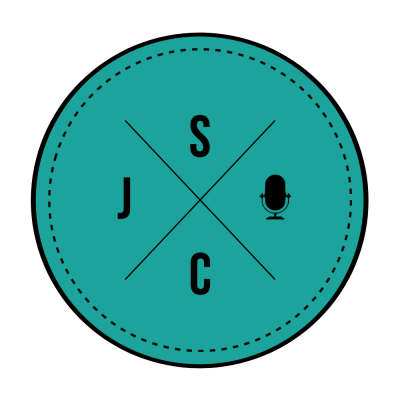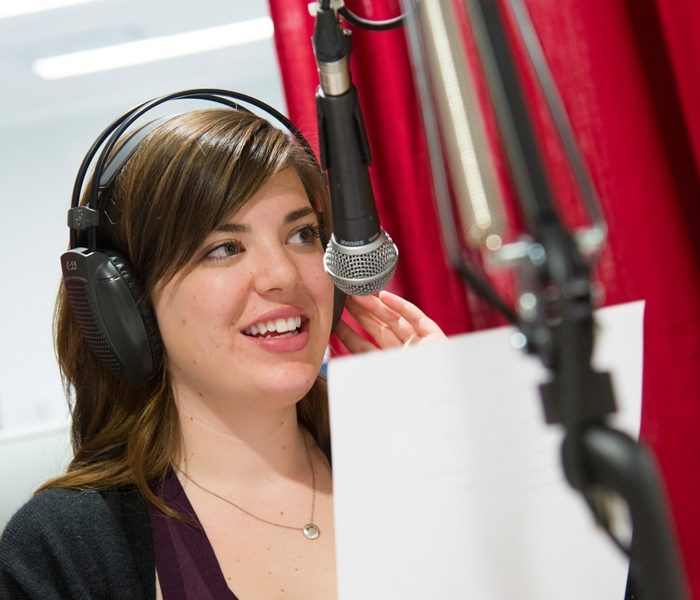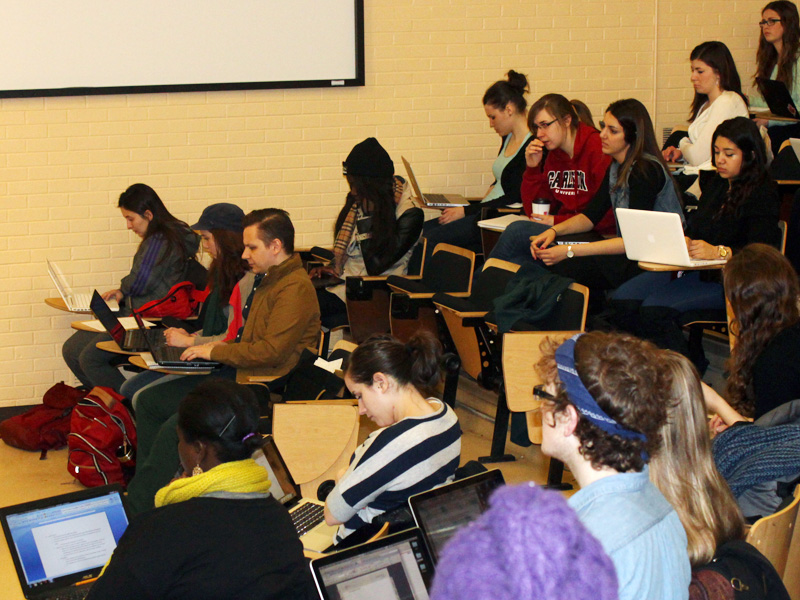Bachelor of Journalism Program
Are you curious about the world and driven to search for the truth?
Interested in learning to tell stories with words, images, sound and interactive tools?
Committed to a quality academic education at the same time?
If so, then Carleton’s Bachelor of Journalism Program is for you.
Our program will give you the skills and knowledge you need to work in today’s changing world of journalism – and prepare you for careers beyond newsrooms in a variety of media and communication roles.
Journalism Workshop Courses
Your journalism workshop courses are all hands-on.
You’ll learn to research and write quickly, accurately and effectively; produce audio, video and multimedia journalism for audiences beyond the classroom; and use social media for reporting and publishing.
Journalism Studies Courses
Your journalism studies courses give you depth and context.
You’ll learn about media law, ethics and history to gain an understanding of the role and power of the media in a democracy and the part you’ll play as a media professional.
Journalism "Plus"
You can follow your other passions in subject areas that go hand-in-hand with your journalism – even do a Combined Honours degree.
For example, you can specialize in law, human rights, business, music, political science, communication studies, English and more.
Your combination of critical thinking and professional skills will make you the graduate that employers in journalism and beyond are eager to hire.
Professional Placements
Even before you graduate, you can put your newly-acquired writing and digital skills to work in media organizations, communications firms or non-governmental organizations with help from our Journalism Apprenticeships Program.
Journalism Society: Make life-long connections and friends
 The Carleton University Journalism Society (JSOC) is an organization run by and for journalism students. JSOC works closely with the School of Journalism and Communication, other student groups, and journalism-related organizations to represent students and run events meant to foster community and provide students with professional development opportunities.
The Carleton University Journalism Society (JSOC) is an organization run by and for journalism students. JSOC works closely with the School of Journalism and Communication, other student groups, and journalism-related organizations to represent students and run events meant to foster community and provide students with professional development opportunities.
In a non-COVID year, the society oversees a program-wide gala, CBC Tours, a mentorship program between upper and lower-year students, a dodgeball tournament, and a prom for graduating students. In JSOC’s transition to online programming, new events have included online trivia nights, a virtual mental health awareness initiative, and Project J — a writing competition aimed at getting students published by professional news outlets.
Students can get involved by attending one of the society’s events, serving as mentors, submitting their work to Project J, or joining the JSOC team by applying to be year representatives in September. Visit their website at cujsoc.com, or find them on Twitter, Instagram and Facebook.



